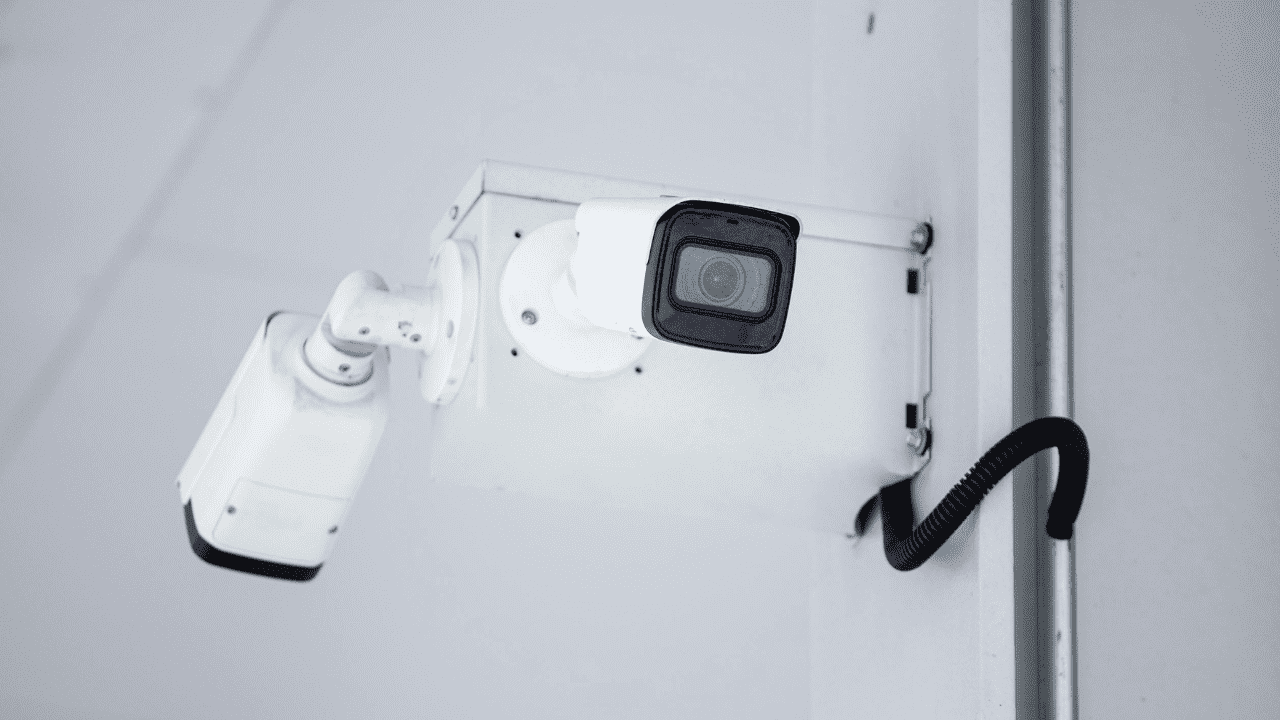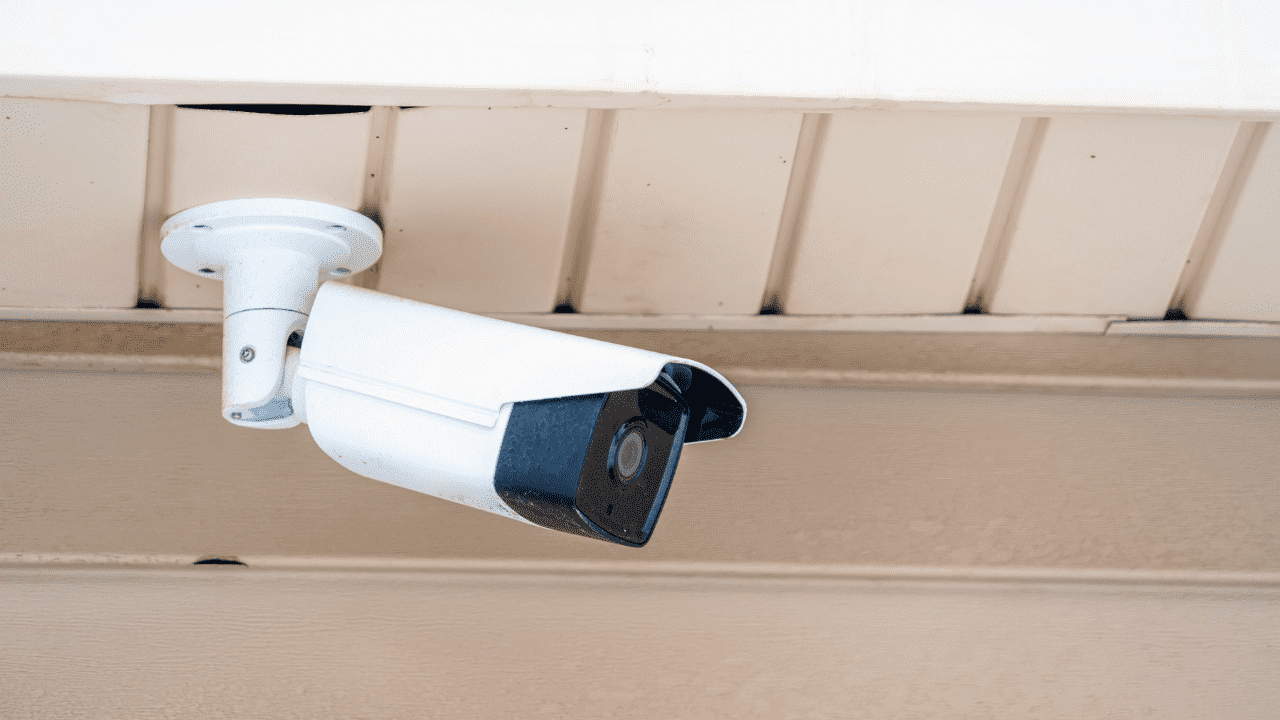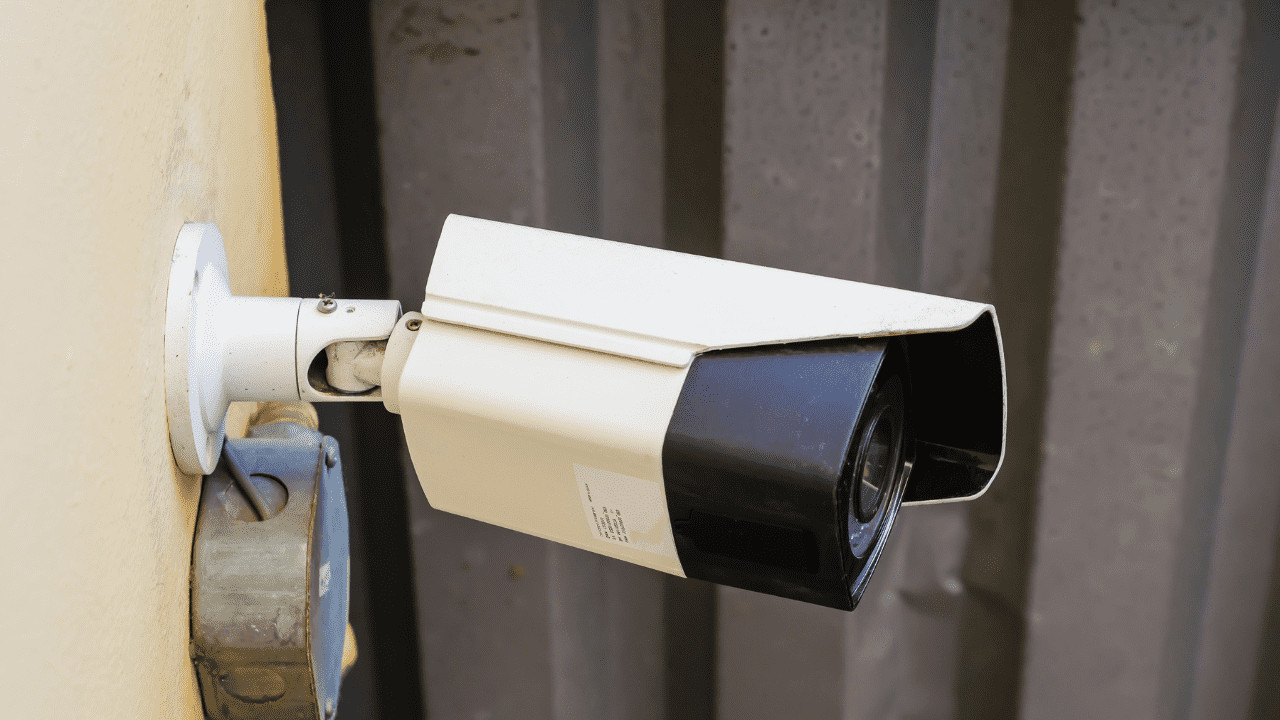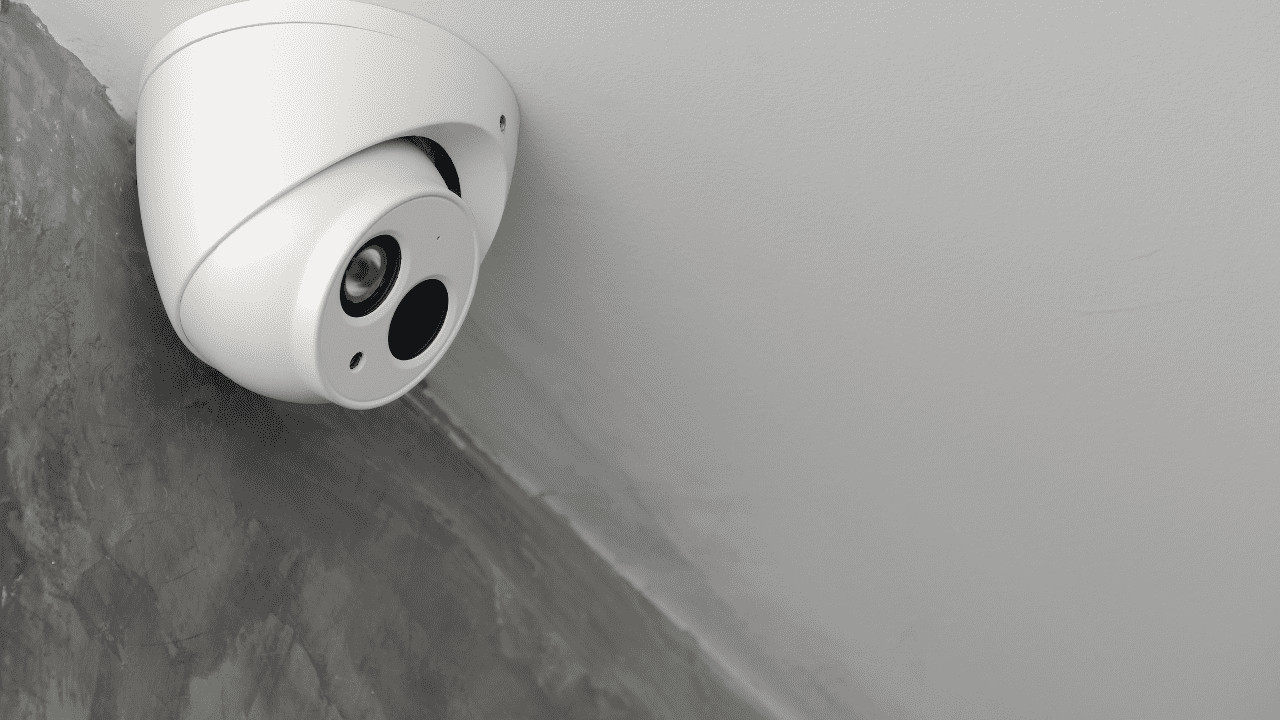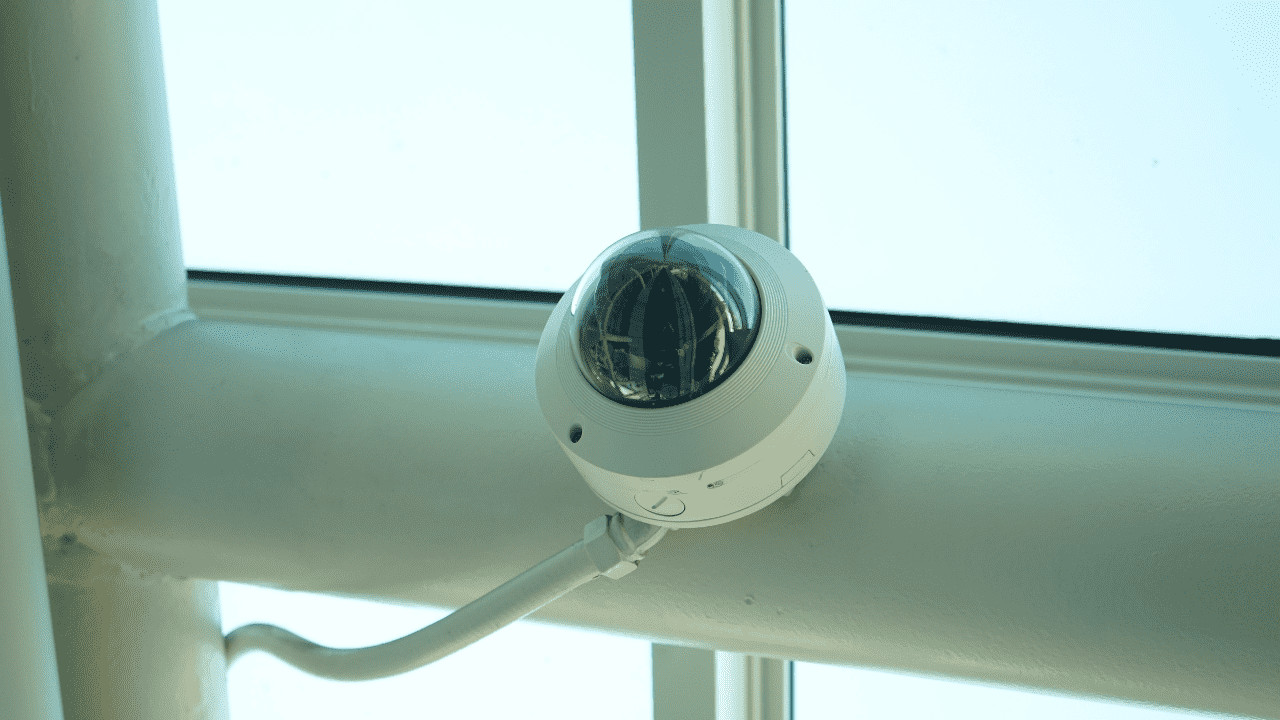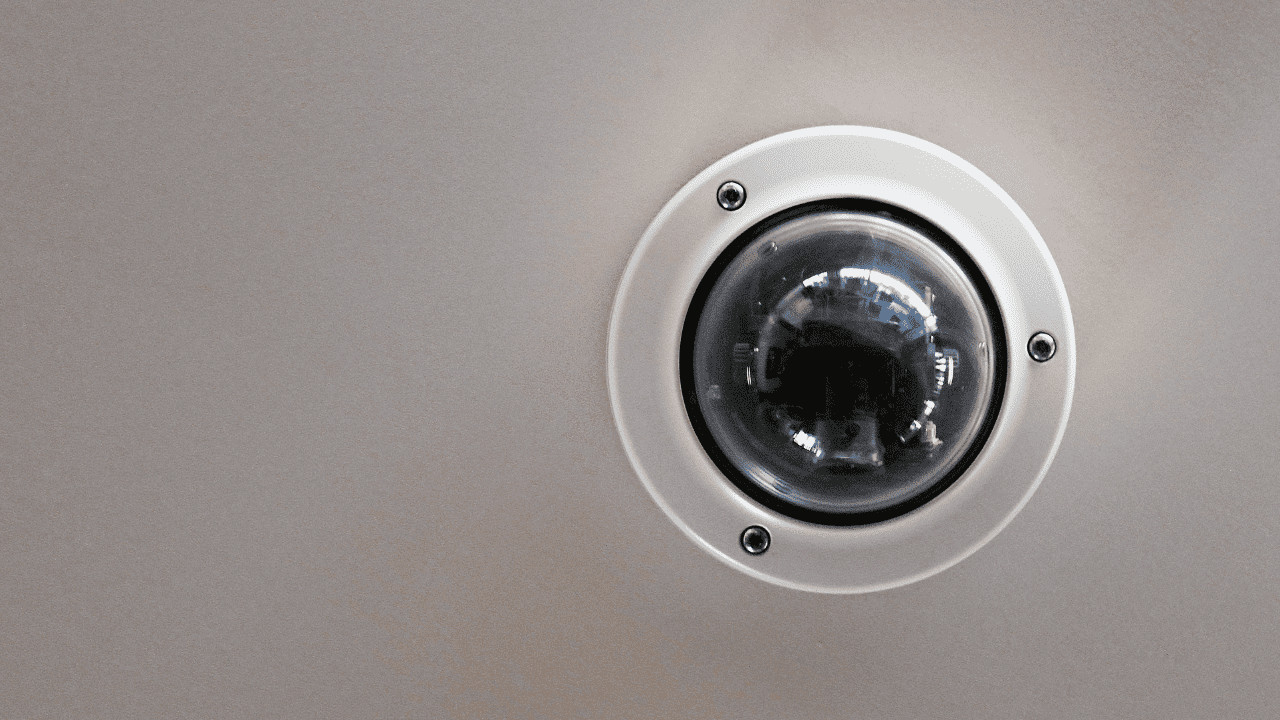Are you researching video storage options for your IP camera and unsure about the best option? You’re not alone – we get a lot of questions about the various options. There is also a lot of confusion regarding the nvr vs dvr difference difference between DVRs and NVRs.
As a baseline, both NVR and DVRs manage video recording. DVR stands for digital video recorder, whereas NVR stands for network video recorder. DVR systems process the video data at the recorder, whereas NVR systems encode and process the video data at the camera, then stream it to the NVR recorder-which is used for storage and remote viewing.

When it comes to surveillance, there are 3 options:
- Digital Video Recorder (DVR). Standalone hardware device that connects directly to analog cameras via coax cables.
- Network Video Recorder (NVR). Network attached storage device that connects to IP cameras over a (typically) local IP network.
- Cloud Storage. Remote storage for IP cameras that can access cameras over the internet.
Both DVR and NVR systems record video data and are reliable. Although in the past the video quality of DVR systems lagged behind comparable NVR systems, today this gap is less. The difference between DVR and NVR systems come down to the cost, how the data is transmitted, and type of cameras.
It’s hard to know when to use one vs the other.
If you have multiple physical sites/networks-cloud storage is probably the best option. An example would be a small business with 5 different retail outlets, each with 2-3 cameras. It would be best to bypass hardware devices (either NVR or DVR) for each location with all the associated cost and management/setup overhead. A better solution would be to connect all the cameras to the cloud directly and eliminate the need for any intermediate hardware.
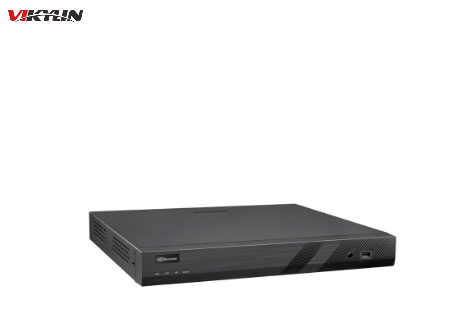
What kind of wiring options exist from your desired camera location to either a router or DVR? This is a commonly overlooked consideration. If you have existing LAN drops (or good wireless) then an analog system likely doesn’t make sense. It would be best to jump directly to a full IP based system, either an NVR or cloud (or some combination). Conversely if you have legacy coax wires already run through the premises, then go with a DVR system.
And finally there are 3 issues with NVR that often compel users to move to cloud storage for their surveillance needs:
- Need to remove a single point of failure: if you rely on NVR for each location in a multi-site configuration you have introduced a number of new points of failure. Since all the cameras go through the NVR, those devices would then be down too. Conversely, a direct to cloud solution eliminates a hardware failure-preventing entire sites from going dark.
- Difficult to scale Multi-NVR management: remote access and management is challenging across multiple NVRs and locations. Traditional NVRs cannot be accessed by mobile – but modern NVRs do have simple point to point access from a mobile app. Usually this is one app for one device-so managing dozens or hundreds of them becomes very challenging.
- Local storage is risky. Cloud storage is off-site and secure; once video is off-site it can’t be tampered with. NVRs can be unplugged / damaged and the data is then lost forever. Cloud is infinitely more secure than onsite-as its encrypted and secure-no issues.
We are an NVR supplier. If you are interested in our products, please contact us now!

